Your personal safety is paramount. If you ever feel that you are in danger, you should contact the police immediately on 999. The police will be able to assess your situation, advise you, and also refer you to support organisations like Karma Nirvana.
If you are concerned that you will be forced into marriage when abroad, contact us. Once you leave the country, it is much harder to get help. However, there are some steps you can take to improve your situation when abroad.
How should I prepare if I think I may be forced into a marriage abroad?
Before you go, make sure you have:
- Contact details for a trusted friend, and also for the British Embassy or High Commission in the country you’re visiting
- Money, both in sterling and in the local currency
- A spare mobile phone
- A photocopy or picture of your passport and your tickets, which clearly shows your details
If you are abroad and are being forced into a marriage, you or someone you trust should contact the nearest British Consulate, Embassy or High Commission to explain your situation. They will then contact the Forced Marriage Unit in the UK and arrange help.
If you or someone you trust has issues getting in contact or explaining the situation to a consulate, embassy or high commission, please contact us for additional support.
If you are still abroad and want to return to the UK, but you don’t have a passport, please contact us. Provided you are a British National, an emergency passport can be issued. If possible, take note of your passport number before you leave.
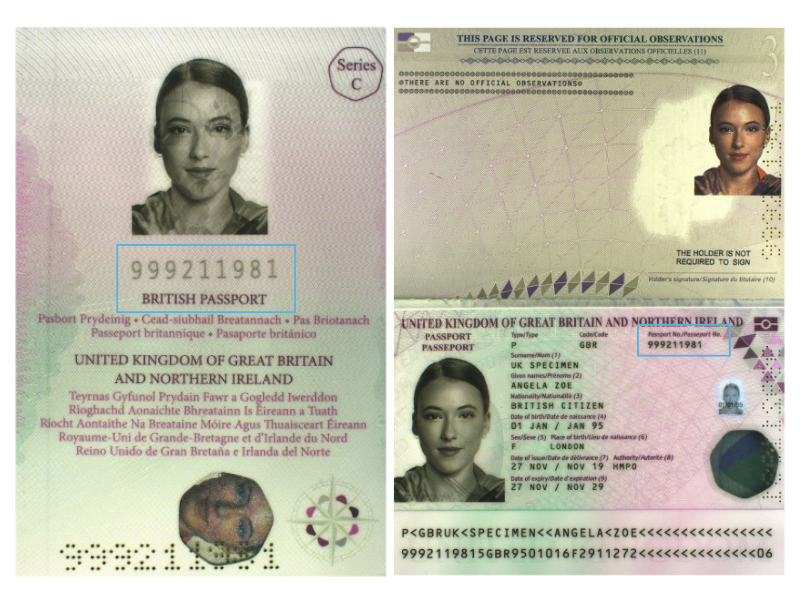
If you are concerned that you will be forced into marriage when abroad, contact us. Once you leave the country, it is much harder to get help. However, there are some steps you can take to improve your situation when abroad.
The Forced Marriage Unit will make arrangements for you to come back as soon as possible. However, if you do have to stay abroad for any length of time, the British Embassy will help you. If you can’t afford to come home, the Foreign & Commonwealth Office will cover the airfare back to the UK.
If you were forced into a marriage overseas and then return to the UK, you may be worried that your spouse will follow you here. In this situation, you should contact the Forced Marriage Unit.
Everyone has the right to make their own decisions about when and who they marry. Forced marriage is illegal in the UK, regardless of if this takes place within the UK or outside the UK.
Contact us
I’ve been given little notice that we are leaving, is there anything I can do?
If you have been given little notice, you should try to contact us as soon as possible. If this is not possible, it is hard to imagine, but a small spoon could save a life.
Girls are sometimes taken abroad and forced to marry, often with little warning. Hiding a small metal object like a spoon in your clothes sets off airport metal detectors. If the girl is over 16 she will be taken into a private room, where she may have one last chance to ask for help.
We know of desperate situations in which a spoon has saved a young woman from a very dangerous situation. We also campaign to educate airport staff to understand what this means.
While this is is a difficult thing to do, in some cases, you may have no other option. If you find yourself in this situation, you can ask the airport staff to contact us for guidance on how to best support you. While they cannot contact us on your behalf, we support professionals on how to help safeguard individuals experiencing Honour Based Abuse and Forced Marriage.
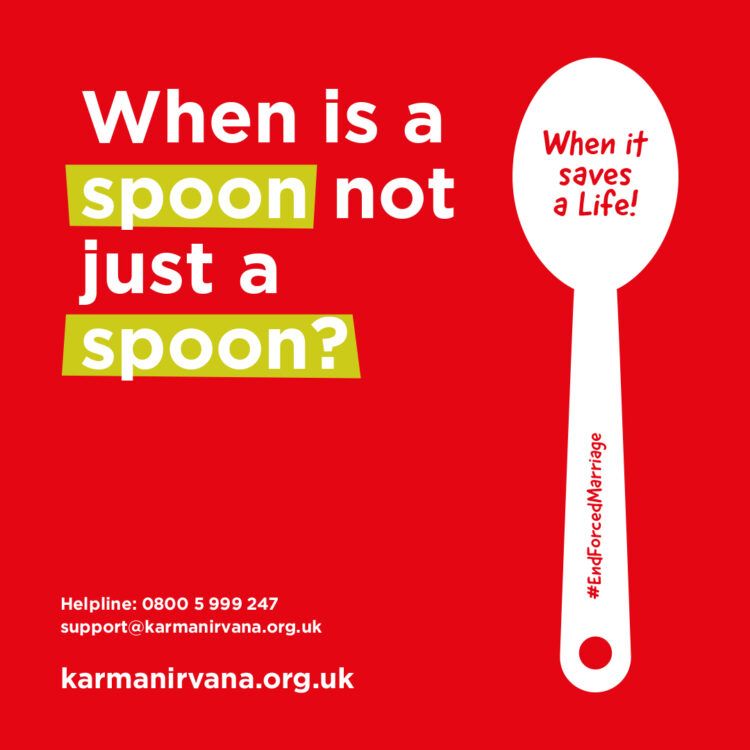
How do I know if it’s a Forced Marriage?
A forced marriage is one in which one or both people do not, or cannot consent to the marriage, but are coerced into it by their families or community. If you are under 18, this is automatically considered to be forced.
Forced Marriage is often confused with arranged marriages. While a marriage can be both forced and arranged, it’s important to recognise that they are not the same. Here’s how to tell the difference:
- In an arranged marriage, both adults give their full consent to get married and enter the marriage willingly. They are based on mutual consent, often with the families involved in the introduction or planning, but the individuals have the freedom to accept or reject the arrangement. Many arranged marriages are not forced, as both adults give full consent.
- In a forced marriage, one or both participants enter the marriage without giving their consent. They may go through with the wedding under duress from their families, which may be in the form of physical, emotional or coercive control.
You may not be sure if you’re being forced into the marriage, but if you don’t feel completely comfortable with the situation, and are feeling pressure to continue, this may still be a forced marriage.
Sometimes, what starts out as an ‘arranged’ marriage can quickly escalate to a forced marriage. It is not uncommon for one of the participants to change their mind, even on the wedding day, only for their families to force them to go through with it.
You may not be sure if you’re being forced into the marriage, but if you don’t feel completely comfortable with the situation, and are feeling pressure to continue, this may still be a forced marriage.
If your family is threatening you with violence if you don’t go through with a marriage, you should contact the police immediately. They will be able to assess your situation, advise you, and also refer you to support organisations.
What is the law around marriage and Forced Marriage in the UK?
A forced marriage is defined as when one or both people do not or cannot consent to the marriage and pressure or abuse is used to force them into the marriage. It is also when anything is done to make someone marry before they turn 18, even if there is no pressure or abuse.
Forced marriage is illegal in the UK. The Anti-social Behaviour, Crime and Policing Act 2014 made it a criminal offence in England, Wales, and Scotland to force someone into marriage, and it is a criminal offence in Northern Ireland under separate legislation.
This includes:
- Taking someone overseas to force them into marriage, regardless of whether the marriage actually occurs.
- Doing anything intended to cause a child to marry before their 18th birthday, even if no coercion or force is used.
- Causing someone who lacks the mental capacity to consent to marry, whether they are pressured into the marriage or not.
In 2022, the Marriage and Civil Partnership (Minimum Age) Act 2022 raised the legal age of marriage to 18 in England and Wales. This means that 16- and 17-year-olds can no longer marry or enter a civil partnership, even with parental consent in these regions.
It is a criminal offence to arrange marriages for anyone under 18 under any circumstances, whether or not force or coercion is used. This includes non-legally binding ceremonies, which may be considered a marriage ceremony by the individuals and their families. These protections apply regardless of whether coercion can be proven.
Under the Forced Marriage Act 2007, you can apply to designated courts in England and Wales for a Forced Marriage Civil Protection Order (FMPO), or you can ask someone to do this on your behalf.
These orders can be used to prevent someone from being forced into a marriage or to protect someone if a forced marriage has already taken place, and a person may be arrested if they breach an order.
What if forced marriage happens abroad?
Forced marriage is illegal in the UK, regardless of whether this takes place within the UK or outside the UK. If you are concerned you will be forced into marriage when abroad, contact us. Once you leave the UK, it is much harder to get help. However, there are steps you can take to improve your situation.
What is an FMPO?
- A Forced Marriage Protection Order (FMPO) is a legal tool in the UK designed to protect individuals who are at risk of being forced into marriage or those who are already in a forced marriage. FMPOs are issued by the courts and can place specific restrictions or requirements on individuals to prevent a forced marriage from happening. It can help you if you’re being forced into marriage or are already in a forced marriage.
- A forced marriage protection order is unique to each case and contains legally binding conditions and directions that change the behaviour of a person or persons trying to force someone into marriage. The aim of the order is to protect the person who has been, or is being, forced into marriage. The court can make an order in an emergency so that protection is in place straightaway.
- If you think you need an FMPO, we recommend you contact us to understand more about FMPOs first. We can support you through the process.
Read the guidelines
In the UK, forced marriage is a crime. It is a form of abuse directed towards a child or vulnerable adult, including adults who are forced into marriage against their free will.
Frontline professionals handling cases of forced marriage are strongly recommended to consult the multi-agency practice guidelines. You can read the full Multi-agency statutory guidance for dealing with forced marriage and Multi-agency practice guidelines below.
Read more in this section

What is Honour Based Abuse (HBA)?

How do I know if I’m experiencing HBA?

How can Karma Nirvana help me?

Should I contact the helpline and what should I expect?

I’ve been signposted to you, how do I contact you?
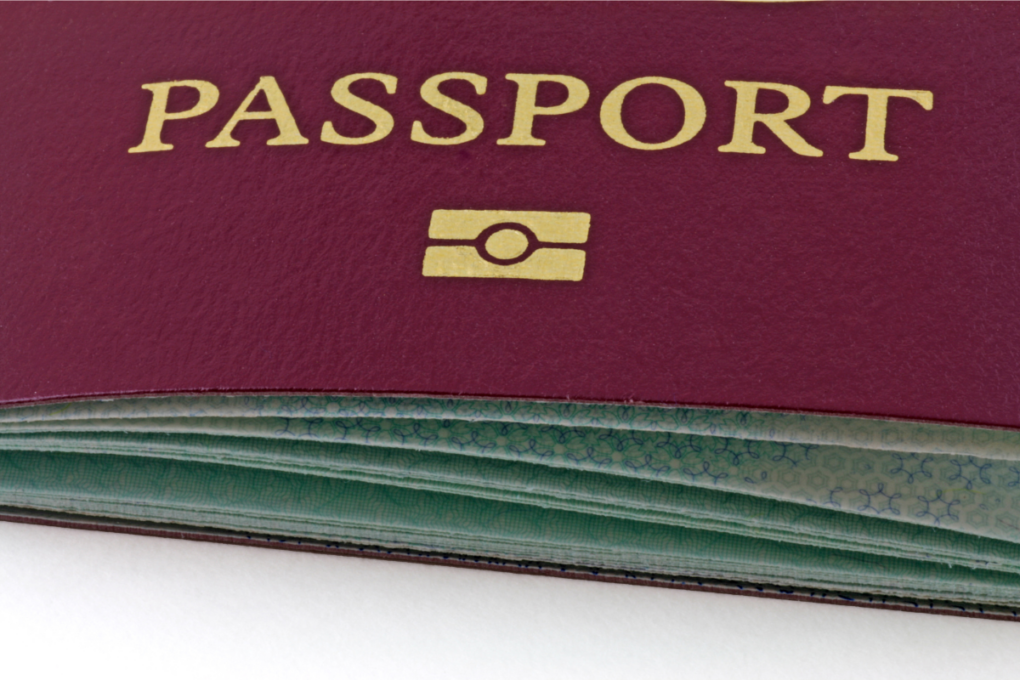
I’m at risk of being taken abroad to get married, what should I do?
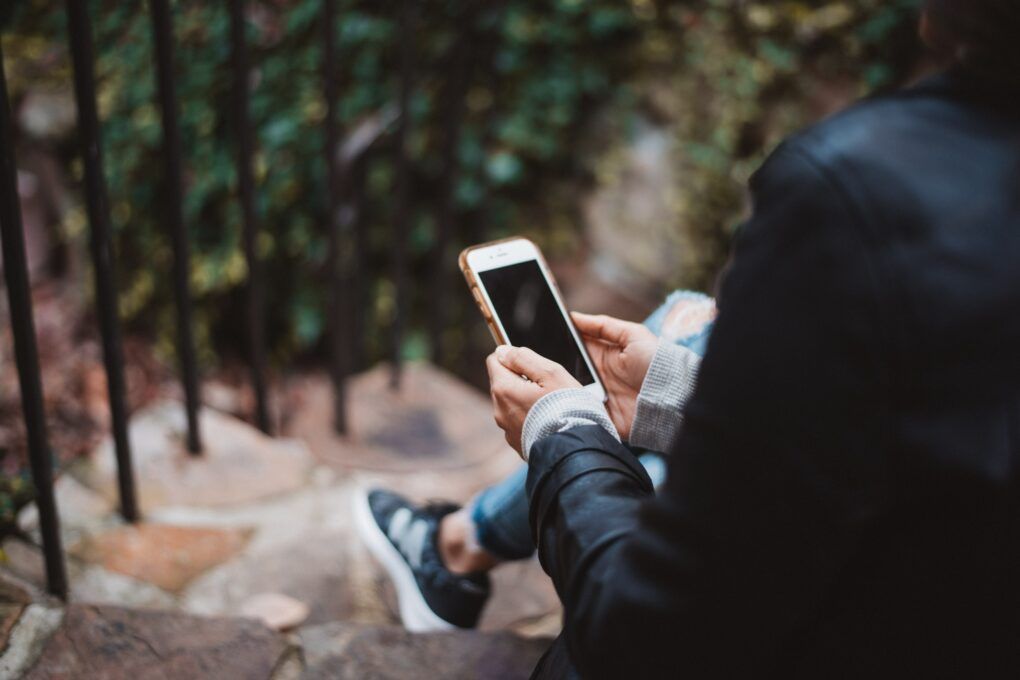
Keeping safe online
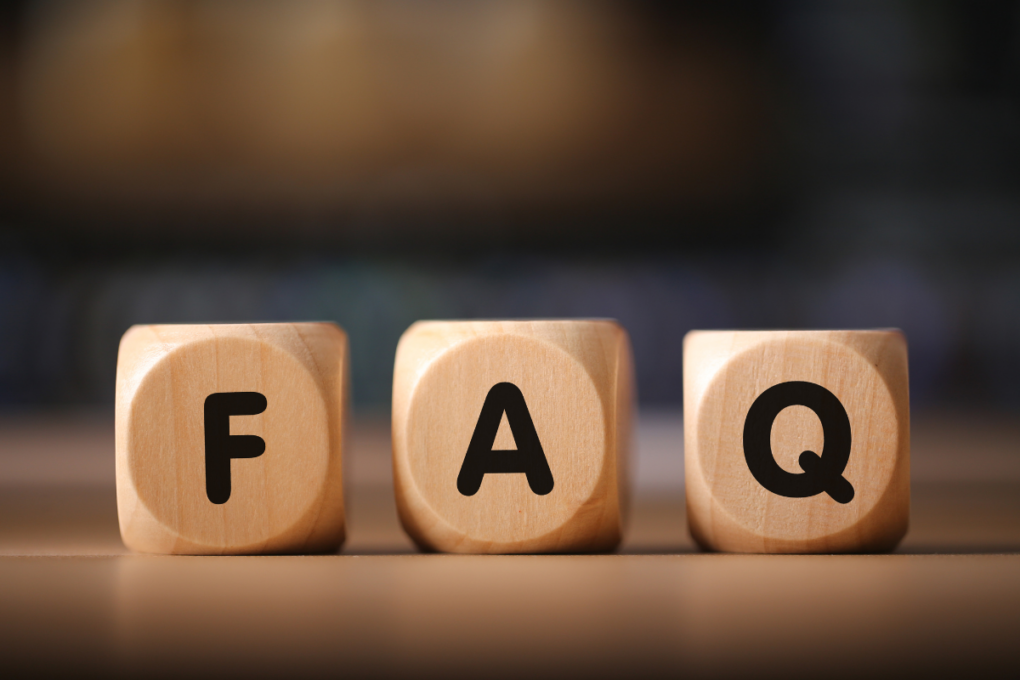
FAQs

